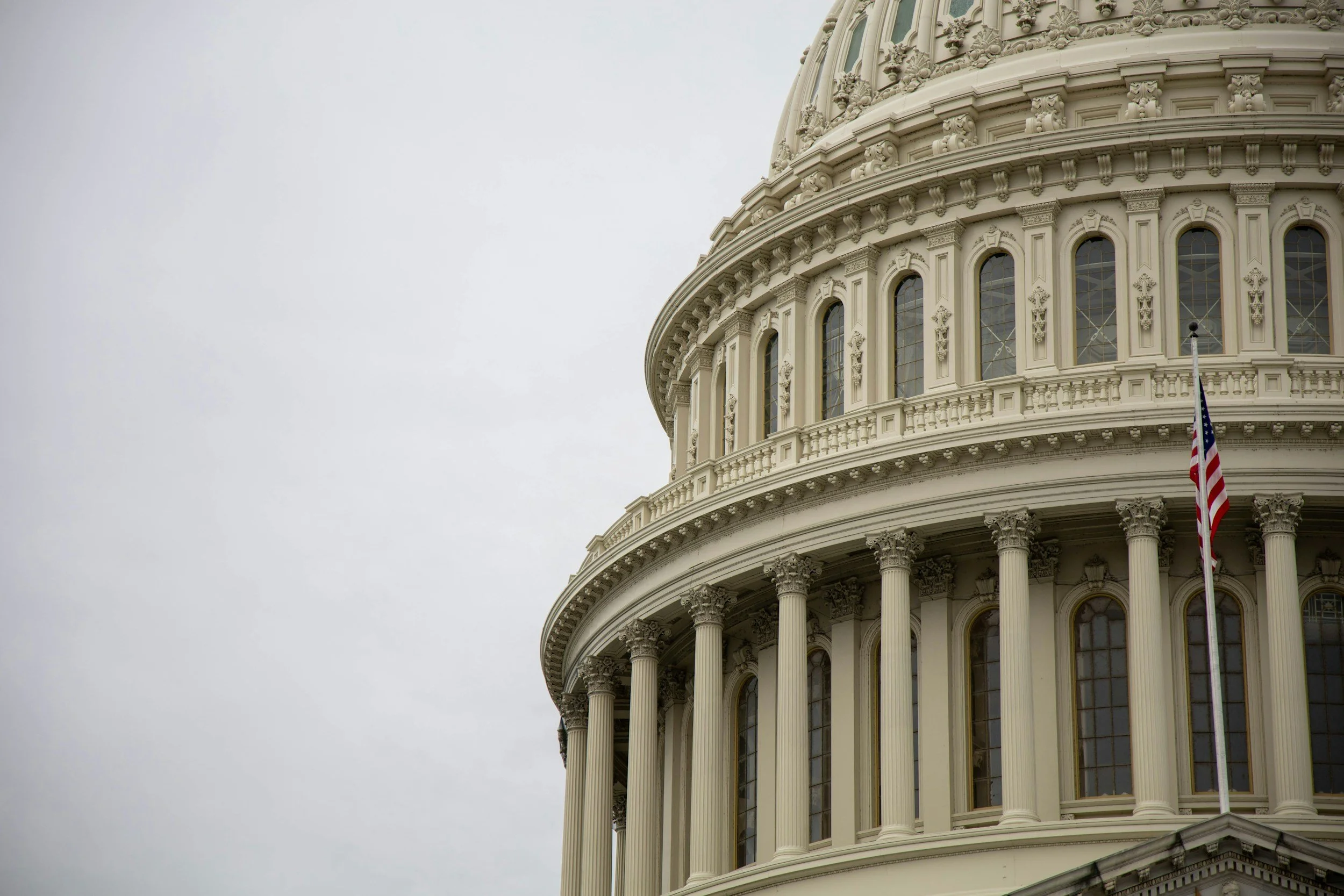The U.S. Department of State, through the BridgeUSA program, announced an opportunity for certain College and University Student Exchange Visitors in DHS-designated STEM fields to obtain additional Academic Training time.
Eligible Exchange Visitors must be undergraduate and pre-doctoral degree-seeking J-1 College and University Students who are pursuing or recently completed STEM-related studies. The initiative, which will run for the next two academic years (2021-2022 and 2022-2023), will increase the maximum length of Academic Training from 18 months to 36 months.
Academic Training is a limited form of work authorization for J-1 College and University Students which permits practical training opportunities during or immediately after studies that are directly related to the student’s major field of study. Current regulations cap Academic Training for undergraduate and pre-doctoral candidates at 18 months, with a limited exception permitting “additional time for academic training . . . to the extend necessary for the exchange visitor to satisfy the mandatory requirements of his or her degree program in the United States.” 22 CFR 62.23(f)(4)(ii).
The new initiative further supports the Biden Administration’s recent actions to advance predictability and clarity for pathways for international STEM scholars, students, researchers, and experts to contribute to innovation and job creation efforts across America.
Sponsors seeking DOS approval of STEM Academic Training extension requests are reminded they must comply with the regulations at 22 CRR 62.43(c), including submitting extension requests through the Private Sector’s Office of Designation by email, and including the student’s STEM field and corresponding CIP code.





